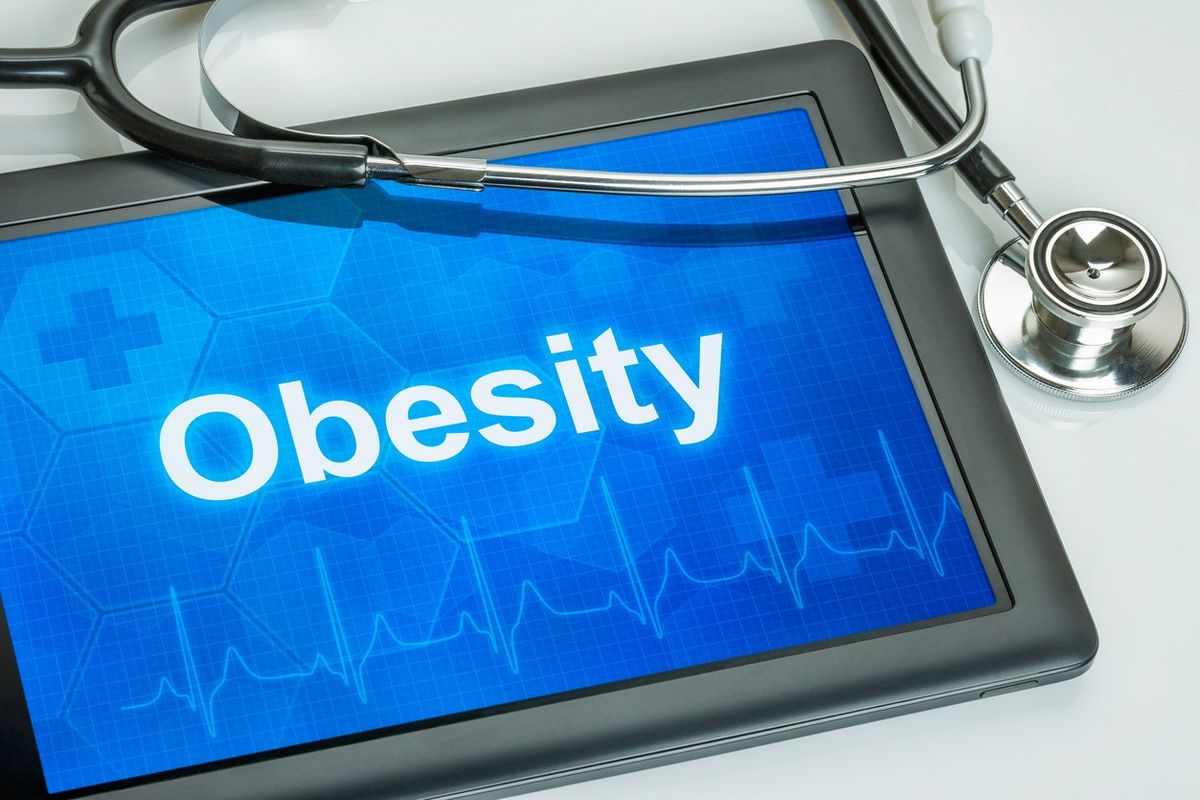
Obesity can affect our bodies differently as we age. While excess weight can negatively affect health at any age, obesity in midlife and beyond can speed up the aging process, leading to worse mental and physical health outcomes for many women. For instance, living with obesity can harm your mental health and increase depression. It also lowers life expectancy and increases a woman’s risk of developing health conditions like diabetes, cardiovascular disease and certain types of cancer.
Reproductive years
In the 10-year period between 35 to 45, past or current pregnancies and the stresses of juggling work and family life can leave little time for healthy eating and exercising. And that can lead to weight gain.
Pregnancies can also play a role in longer-term weight gain since losing pounds gained during pregnancy isn’t always easy. If women become pregnant again without having lost their previous pregnancy weight, they’re even more likely to have overweight or obesity after giving birth.
Shenese Colwell, a fitness instructor in Houston, dropped weight easily after having her first two children. She started to gain weight, however, as the demands of raising those children and trying to keep her family afloat as a single mother began to take their toll on her physical and mental health. There was little time for self-care, working out or healthy eating, as she juggled two jobs and her workload as a college student. Before she knew it, Colwell was at a weight that was unhealthy for her when she got pregnant with her third child.
Even though she wound up losing weight throughout that pregnancy, Colwell started gaining weight again after giving birth, eventually reaching her highest weight.
“I was … trying to eat healthier, doing boot camps … everything,” Colwell said about her early 40s. “I would lose, gain and lose until I finally said ‘enough.’”
As she prepared to finish her master’s degree program, Colwell decided it was an ideal time to start a new chapter and “create the life I always wanted.” For her, that meant having weight loss surgery.
Colwell continued her health journey by becoming a fitness instructor and bariatric lifestyle coach. The fitness classes helped her stay active, and she felt good about her new role of helping other women manage obesity and life after weight loss surgery.
“I have to lead by example,” she said. “Am I perfect? No. But this keeps me accountable.”
Perimenopause and menopause
Perimenopause is the lengthy period leading up to menopause — sometimes lasting up to a decade — before a woman stops having periods. Most women will enter perimenopause between 45 and 50. During this time, their body shape, hormone levels and metabolism change. These types of changes can be associated with an increased risk of obesity, and women in their mid-40s might notice more weight gain in their midsection during this time.
Aging in general also plays a role in weight gain at this time, with muscle mass decreasing while fat increases. Eating healthy and maintaining physical activity is even more important at this stage to maintain a healthy weight.
Postmenopause
Between ages 55-65, being in menopause, having decreased activity levels and the emergence of health conditions related to age can make it even harder to lose weight.
Menopausal symptoms such as a lack of sleep, depression and a loss of muscle mass can all contribute to weight gain. Medications for health conditions often related to aging can also have weight gain as a side effect.
“My body just started changing,” said Colwell, now 52. “After holding steady with [a 120-pound weight loss] from my surgery, my hips were spreading and the weight just snuck up on me. I realized aging was kicking in and I needed to shuffle things up. I needed to do things differently because my body wasn’t responding the same way.”
Colwell began making the connection to menopause when she realized her weight gain coincided with the end of her regular menstrual cycles. Although she was already active, she transitioned to more lower-impact exercises that were less stressful on her body, moving from boot camp classes to barre and Pilates.
“I say to my clients and to women all the time that we’re always going to be recalibrating,” Colwell said. “Our bodies change, our mindset changes, our emotions change. All of those things work together, and we have to make changes for our health overall.”
While weight gain actually slows down as women age, if women have obesity at a younger age and don’t lose weight before their 60s, the health consequences can be monumental. Aging increases women’s risk for heart disease, stroke, diabetes, cancer, joint pain, osteoporosis and many other health conditions, and excess weight can make the risk even higher.
Obesity can also worsen mental health and increase depression. Healthy eating and exercise can improve physical and mental health, but aging can also make movement much more difficult.
Colwell tells her clients in their 60s to keep moving in whatever way they can to improve their health. Find something that’s easy to do, and improve from there. It’s a goal she also has for herself when she reaches her 60s.
“I want to change what aging looks and feels like,” she said. “I’m advocating total body health, which includes better mental health. If you lose pounds in the process, that’s great, too. It’s about wanting to take care of yourself.”
A continuum of care
Living with obesity is an individual journey that’s different for everyone. Treatment for this disease can take different forms for different people and it’s often a continuum of care that addresses treatment from all angles. Healthy approaches to eating, exercise and mental health care are important for everyone. And, for some, medication and/or weight loss surgery are also appropriate.
The sooner you begin addressing obesity, the less impact the disease will have on your long-term health. Work with your healthcare provider to find a plan that works for you.
This resource was created with support from Novo Nordisk.

